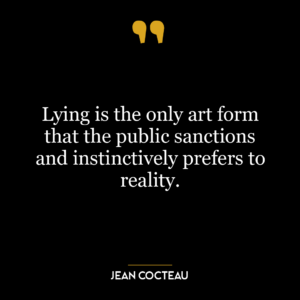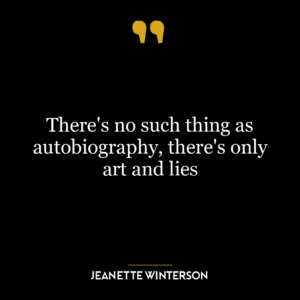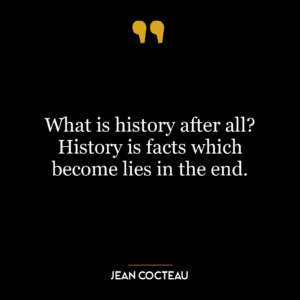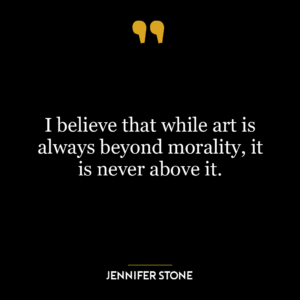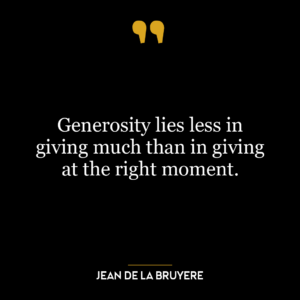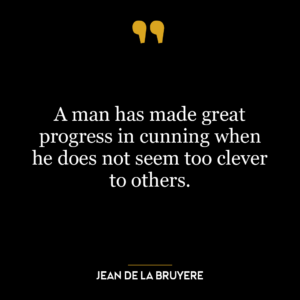The quote “How do wars start? Diplomats tell lies to journalists, then believe what they read” is a satirical commentary on the cyclical nature of misinformation and its potential to escalate into conflict. The first part of the quote suggests that diplomats, who are supposed to represent the interests of their nations, sometimes resort to deceit or manipulation of facts when dealing with the media. This could be driven by various reasons such as to gain strategic advantage, to maintain a certain image, or to push a particular agenda.
The second part of the quote implies that these same diplomats then fall into the trap of believing the very misinformation they propagated, as it gets amplified and distorted in the media. This creates a dangerous cycle of deception and self-deception that can lead to misunderstandings, tensions, and even wars.
Applying this idea to today’s world, one could argue that the quote is more relevant than ever in the era of ‘fake news’ and information overload. The rise of social media and the speed at which information (or misinformation) can spread has made it even easier for falsehoods to be propagated and believed. This can lead to various negative consequences, from political polarization to international conflicts.
In terms of personal development, this quote can serve as a reminder of the importance of critical thinking and fact-checking. It highlights how easily we can fall into the trap of believing our own lies or the lies of others, especially when they are repeated and amplified. Therefore, it’s crucial to question the information we receive, verify facts, and be aware of our own biases. This can help us make more informed decisions, improve our understanding of the world, and avoid unnecessary conflicts.







